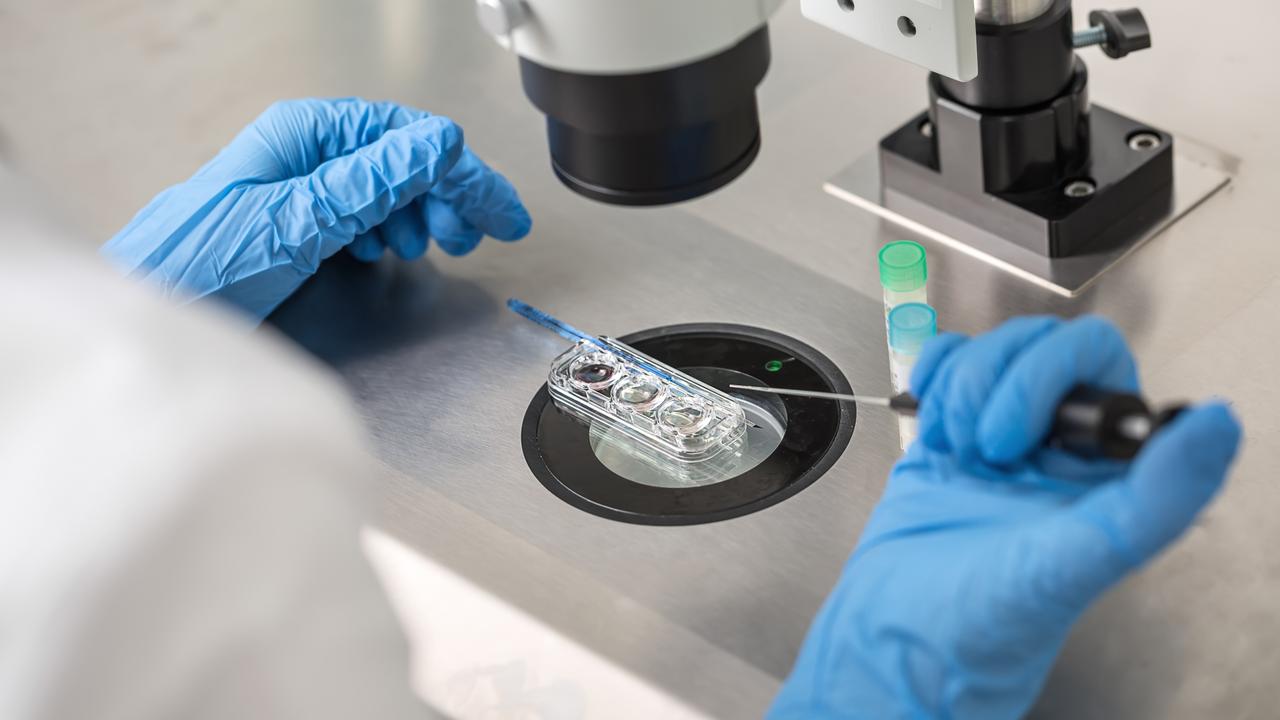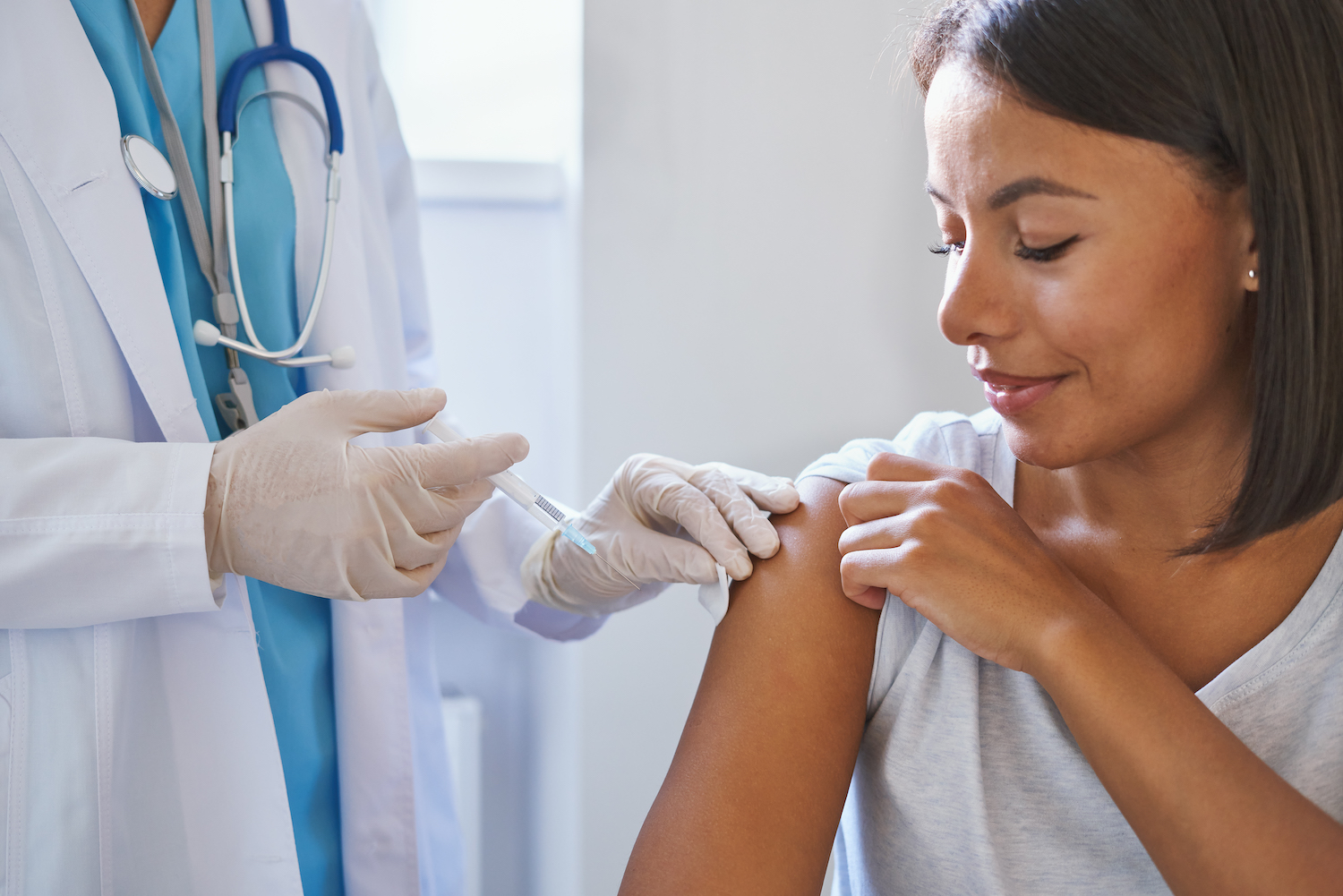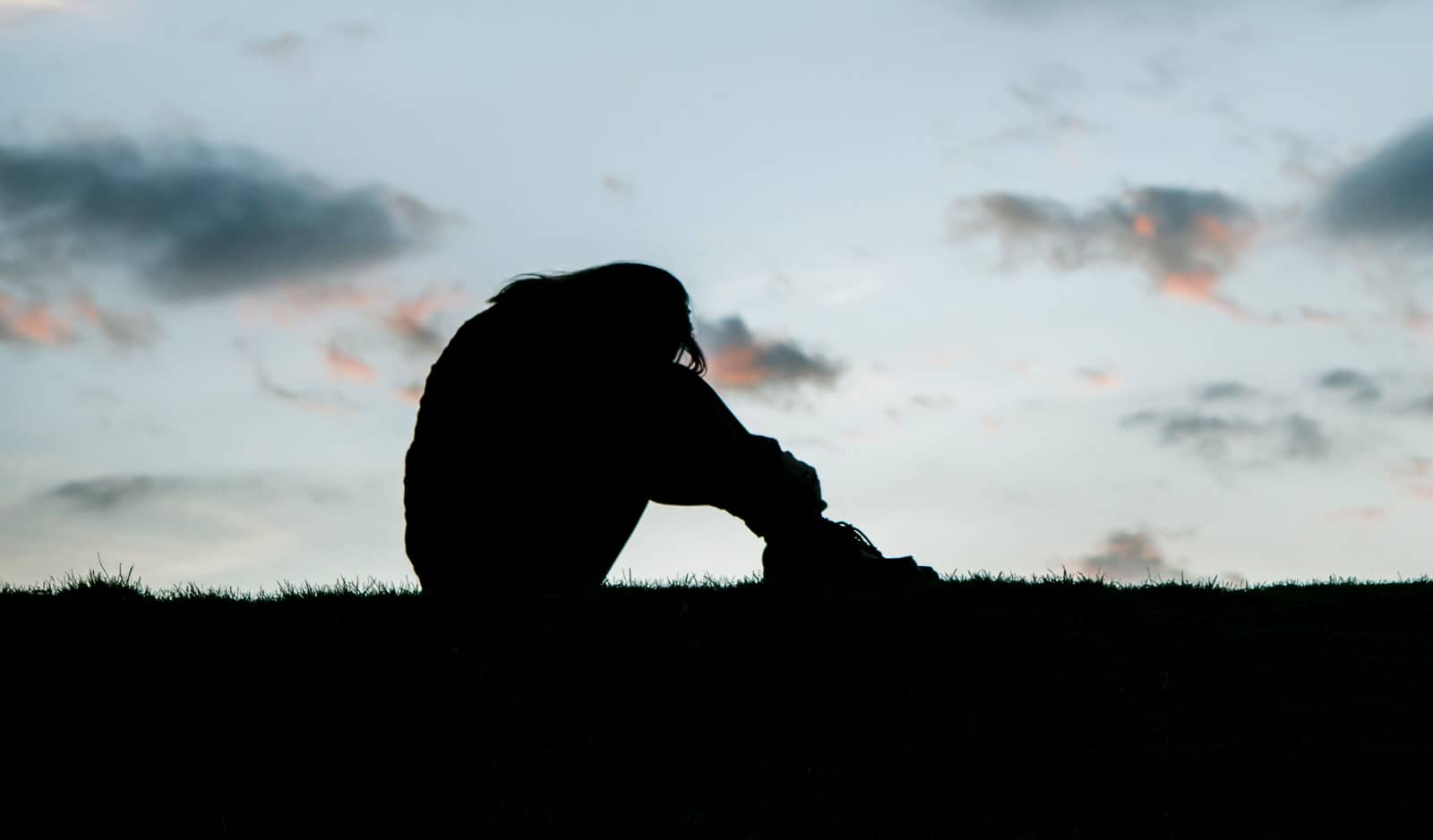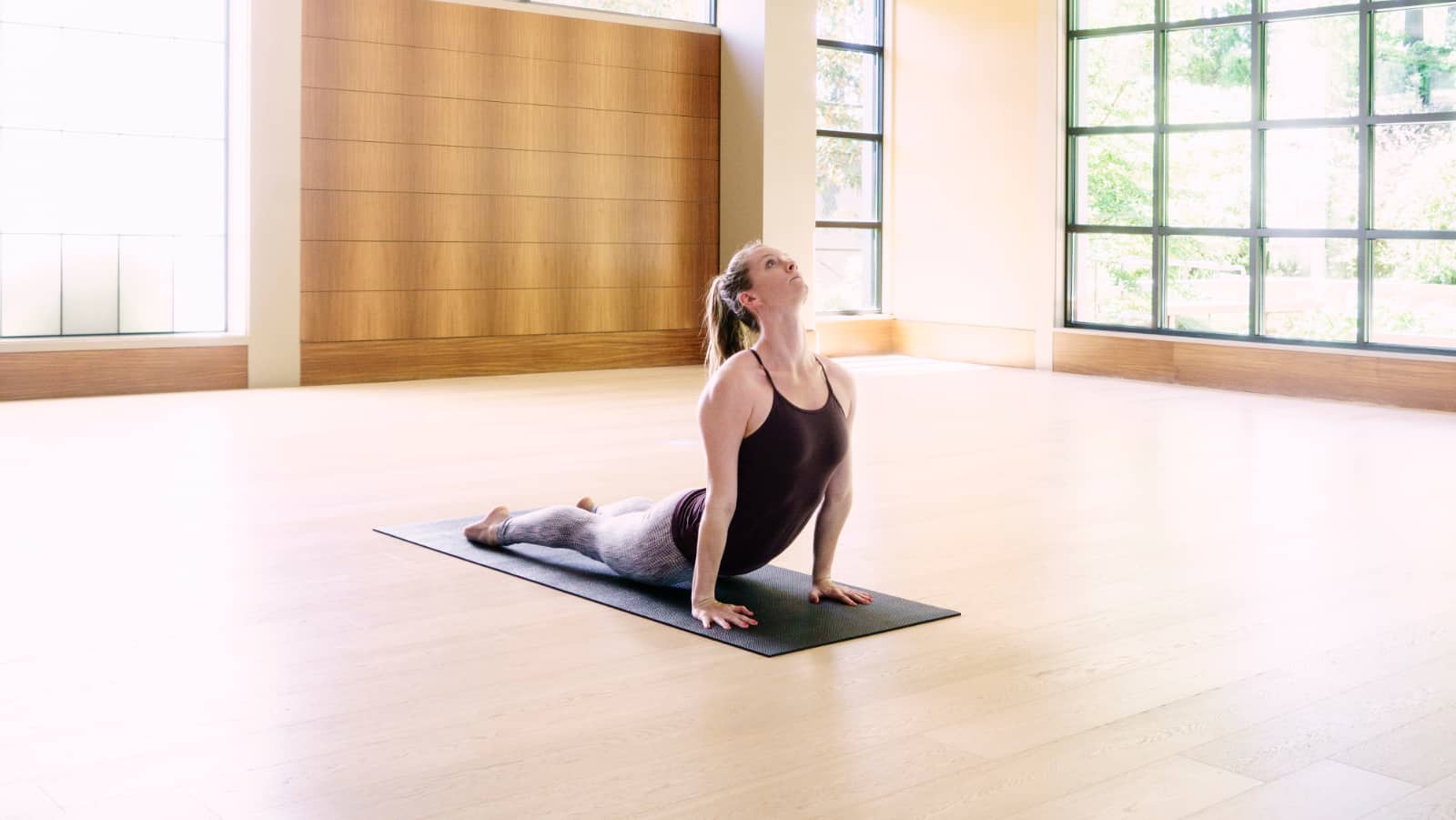
Changes to NSW Government Fertility Rebate
The NSW Government will be making changes to their Fertility Treatment Rebate program. We want to ensure you have taken advantage of

The NSW Government will be making changes to their Fertility Treatment Rebate program. We want to ensure you have taken advantage of

Fertility First, located in Hurstville, has been awarded ‘Fertility Clinic of the Year’ at the Australian Surrogacy and Donor Awards for two

Preparing for pregnancy allows you and your partner to optimise your health and improve fertility, minimise potential risks, and increase the likelihood

Fertility First has been testing DNA damage on males for over 15 years and is a contributing factor as to why our

The Fertility Treatment Rebate is designed to help with the costs of IVF and other Assisted Reproductive Technology (ART) treatments. Women in

Although insulin resistance affects between 50-70% in patients with PCOS, not all patients will be affected by this, however they will still

Positive lifestyle changes such as incorporating regular exercise has been shown to improve fertility and increase metabolic rates in patients with PCOS.

An embryo transfer is very similar to having an IUI or an pap test performed. It is essentially uncomplicated, simple and does

While the debate rages on whether an underwear choice affects sperm quality, research seems to have found the answer.
Every story written here comes from Fertility First's Research Team, a group of scientists that doesn't just talk about the science behind fertility and reproduction, it lives and breathes it. Staffed by the doctors and scientists working behind the scenes at Fertility First, this team of dedicated embryologists, andrologists, and fertility experts collectively has over 40 years experience in the field.
Yes, chronic stress can impact fertility by disrupting hormonal balance and ovulation patterns. Managing stress through relaxation techniques, regular exercise, adequate sleep, and mindfulness practices may help optimise your chances of conception. Consider speaking with a counsellor if stress feels overwhelming.
Sperm health accounts for about 40% of conception challenges. Your partner can improve sperm health by maintaining a healthy weight, avoiding excessive heat exposure (hot tubs, saunas, tight clothing), limiting alcohol, quitting smoking, managing stress, and taking a multivitamin with antioxidants. Sperm takes about 3 months to develop, so lifestyle changes need time to show results.
Your fertile window typically spans 5-6 days, ending on ovulation day. For a regular 28-day cycle, this usually falls between days 10-15, with peak fertility 1-2 days before ovulation. Track your cycle using ovulation predictor kits, basal body temperature, or cervical mucus changes to identify your unique pattern. Having intercourse every 1-2 days during this window optimises your chances.